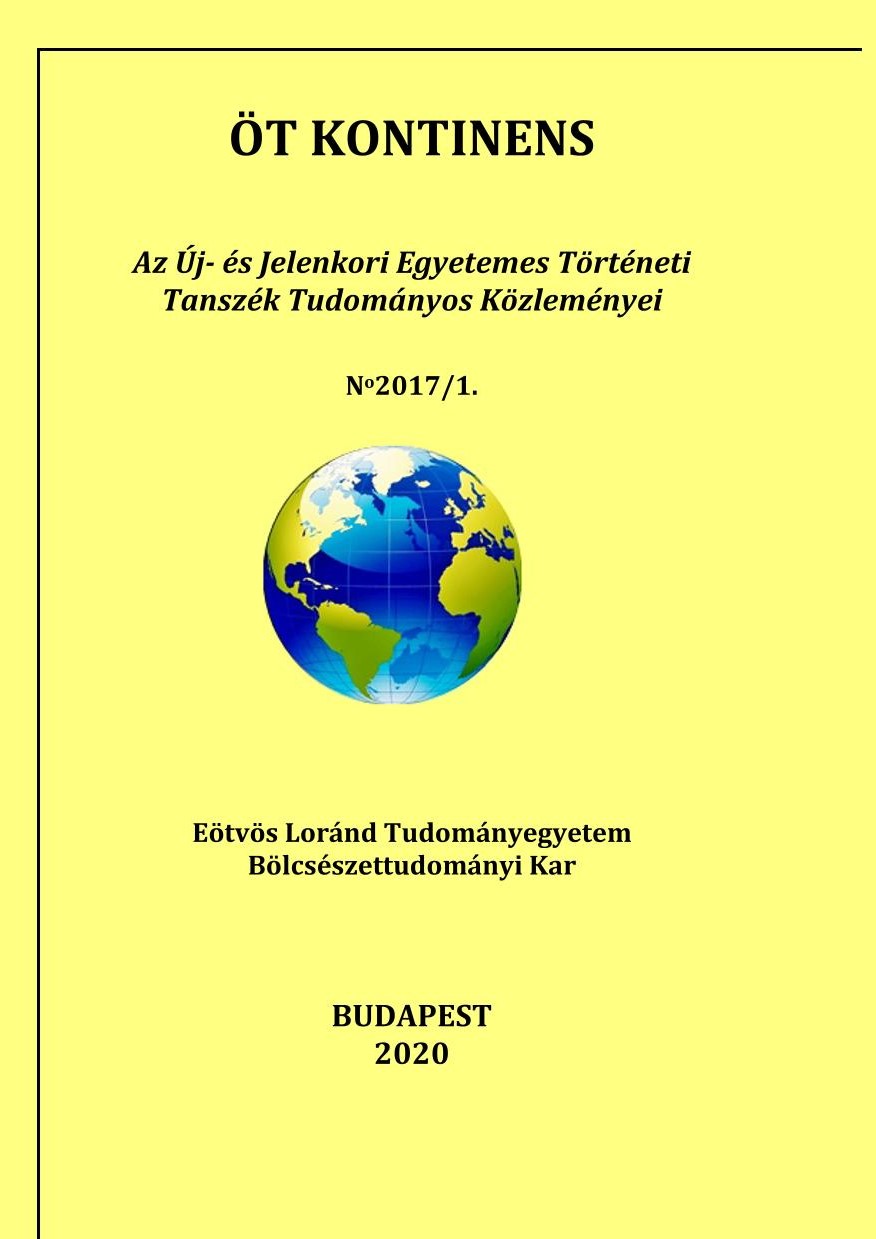Az imperializmus
Imperialism
The topicality and lessons of the debates
Author(s): Géza GecseSubject(s): History and theory of political science, Comparative politics, Pre-WW I & WW I (1900 -1919), Interwar Period (1920 - 1939), Post-War period (1950 - 1989), Geopolitics
Published by: Eötvös Loránd Tudományegyetem, Új-és Jelenkori Egyetemes Történeti Tanszék
Keywords: imperialism; superpower; great power; USSR; Russia; United States of America; cold war; Hobson; Lenin; anticolonialism; nationalism; financial influence; military strength; globalization;
Summary/Abstract: By the end of 19th century the world began to be globalized, meaning that by this time there was hardly any territory, which was not dominated by a colonial Great Power, most of which, with the exception of Japan and the United States, were European. While the British Empire appeared to be the largest colonial Power primarily as a result of the Industrial Revolution in the 19th century, vast territories fell within the jurisdiction of France, Germany, Russia and others as well.The first thinkers to describe the role of this expansion of capitalism were Hobson, Lenin and the Austrian social-democrats, who evaluated the role of nationalities in these empires. The study is not only about these theories on imperialism, but on other thinkers’ views in the second part of 20th century, too. The changed methods and practice of control by the Great Powers at the end of 20th century are also briefly addressed.
Journal: ÖT KONTINENS
- Issue Year: 2017
- Issue No: 1
- Page Range: 69-87
- Page Count: 19
- Language: Hungarian

